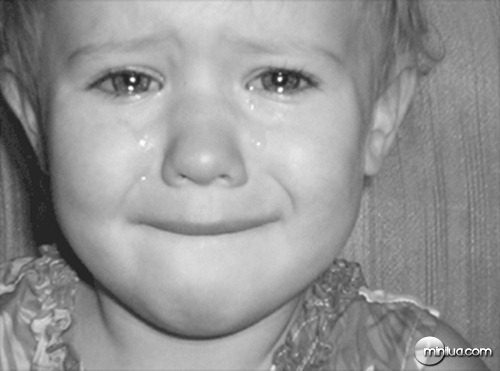Choro
The Choro (pronounced [' ʃoɾu ] ) is a Brazilian music style, probably in the 1870s in Rio de Janeiro as a fusion of popular European music ( polka, waltz ) and the music of African slaves originated.
Origin of the term
About the origin of the term choro, there are three theories:
- Choro is the Portuguese word for action ( chorar = cry). The often melancholic melodies of Choro would explain how the music came to that name.
- Xolo may have been the ancestor of the word choro; Xolo was an African dance.
- Choro could be a reduction of the word Charamela for shawm; early Choros were in fact often played by brass band music ensembles.
Occupation
Traditionally, a choro group of one or two guitars, a cavaquinho, a pandeiro, various percussion instruments and any solo instruments - often flute, clarinet or mandolin ( Bandolim ). The bass function was taken originally from the Ophicleide and since the 1930s, often by a seven- Guitar ( violão de sete cordas ). Meanwhile, there are compositions for all sorts of instruments and settings, from the piano to big band. There are also Choros with vocals, such as Tico- Tico no Fubá ( The Sparrow in the flour).
Composition
Improvisations on the theme of the composition play a significant role. Most Chorokompositionen are characterized by a relatively high tempo, melody and rhythm structure, based on 16ths and the samba typical phrasing, in this 16th not uniform but are played with a certain "egg". By played at a fast pace melody lines and continuous 16ths high virtuosity is demanded by the musicians. And not just from the solo or melody instruments; the accompaniment leans close to the melody at going with the accentuation with, support, thereby contributing to the melodic line. Frequently Choros in classical ABACA - composed form. So there is a main theme, followed by a second melody, then the first theme is repeated, then a third one, and finally the first melody is repeated once more. These three parts can be very different from each other in rhythm and style.
The Choro today
Since the advent of broadcasting in the 1920s, the importance of the Choros has declined. Some of the musicians keep the tradition but upright and make him with his virtuosity to one of the most interesting musical styles of Brazil. In Europe, this style of music, however, is largely unknown.
From the mid- 30s choro disappeared almost completely and was only rediscovered in the 50's in Brazil. Back then there were the first " Rodas do Choro ". Musicians met to - similar to a jam session - to complement pieces from the classical repertoire Choro by improvisation.
It took almost another 50 years until the choro was fashionable again. Today Choro is not only in Rio or São Paulo, but also in New York and on the West Coast of the United States "in". Getting cautious Rodas is now available in Europe, especially in Paris, which is still a stronghold of Brazilian music in Europe. October 2006 found a Roda do Choro in Hamburg ( in the Schanze district ) with the Camerata do Choro (Director: Paulo Gouveia, flute) and guests from Brazil, including Wilfried Berk (Rio de Janeiro / Hannover) on clarinet instead.
The film " Brasileirinho " (2005) by Mika Kaurismäki is not just about the music, the choro, but also of the people who play this music
Significant choro composer and musician
- Chiquinha Gonzaga (* 1847, † 1935)
- Anacleto de Medeiros (* 1866, † 1907)
- Quincas Laranjeiras (* 1873, † 1935)
- Irineu de Almeida ( * 1873, † 1916)
- Zequinha de Abreu (* 1880, † 1935)
- Patápio Silva ( * 1880, † 1907)
- Joaquim Calado (* 1848, † 1880)
- Viriato Figueira (* 1851, † 1883)
- Juca Kalut (* 1858, † 1922)
- Satyro Bilhar (* 1860, † 1927)
- Ernesto Nazareth (* 1863, † 1934)
- João Pernambuco (* 1883, † 1947)
- Pixinguinha (* 1897, † 1973)
- Luiz Americano (* 1900, † 1960)
- Benedito Lacerda (* 1903, †; 1958)
- Luperce Miranda ( * 1904, † 1977)
- Radamés Gnattali (* 1906, † 1988)
- Abel Ferreira ( * 1915 † 1980)
- Garoto (* 1915, † 1955)
- Jacob do Bandolim ( * 1918, † 1969)
- Dino 7 Cordas ( Horondino José da Silva ) ( * 1918, † 2006)
- Waldir Azevedo (* 1923, † 1980)
- Ademilde Fonseca ( * 1921, † 2012)
- Luciana Rabello ( b. 1961 )
- Raphael Rabello (* 1962, † 1995)
- Nilze Carvalho ( b. 1969 )










